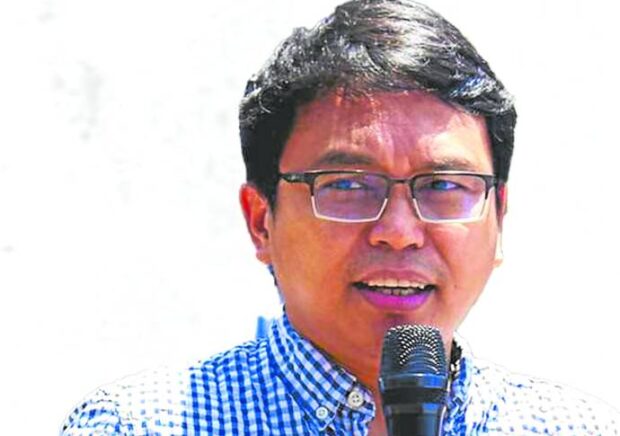LUCENA CITY — Electricity bills also have pass-through charges that have to be scrapped to benefit Filipino consumers, the environmental group Power for People Coalition (P4P) said on Sunday.
Like the pass-through charges on the use of roads, which President Ferdinand “Bongbong” Marcos Jr. has now prohibited local governments from imposing, the “pass-through charges [in] electricity bills are just as ridiculous” as “both charges are borne by the consumer while the service they pay for is not improved at all,” P4P convener Gerry Arances said in a statement.
“It is high time these charges are suspended and ultimately abolished,” he added.
According to the Energy Regulatory Commission, pass-through charges in electricity bills refer to the amount collected from end-users other than the distribution charge, which is the fee for using the facilities that deliver electricity to consumers, whether households or commercial enterprises.
These pass-through charges include generation charge (payment for the supply of electricity), transmission charge (payment for the use of high voltage transmission grid), and other subsidies and mandatory payments, such as lifeline and senior citizen subsidies and systems loss (cost-recovery of power lost during the delivery of electricity).
The P4P made their demand after President Marcos ordered local governments to suspend the collection of so-called pass-through fees on national roads to ensure the efficient movement of goods and produce across the country.
The directive removes one of the extra logistical costs incurred by truckers, manufacturing companies and agricultural producers that is ultimately passed on to consumers, according to Marcos’ Executive Order No. 41 that took effect on Sept. 28.
Fossil fuels
“These [pass-through charges in electricity bills] come from the nature of fossil fuels, which tend to fluctuate due to foreign exchange rates and prices in the world market,” Arances explained.
The group assailed the charges as it passed the burden of responsibility for choosing fossil fuels to consumers “and not to the companies that chose the expensive source of electricity.”
“In other businesses, the company bears the responsibility for paying for their choice of suppliers. They have to balance their profit with their costs because consumers might no longer patronize them if their goods become too expensive,” Arances said.
“But in the electricity market, where you have a captive market, companies are not just assured of having customers, they are also assured of profits even if consumers were never consulted if they wanted their electricity to come from these companies in the first place,” he said.
Arances said pass-through charges are nonexistent in renewable energy power plants.
“But the current system gives incentives for gencos (generation companies) to keep choosing fossil fuels that pollute the environment and produce more expensive electricity,” he noted.
Arances said he doubted that the goal of the Marcos administration to transition to renewable energy could be achieved “so long as gencos have an opportunity to squeeze out more money from consumers through pass-through charges.” INQ


